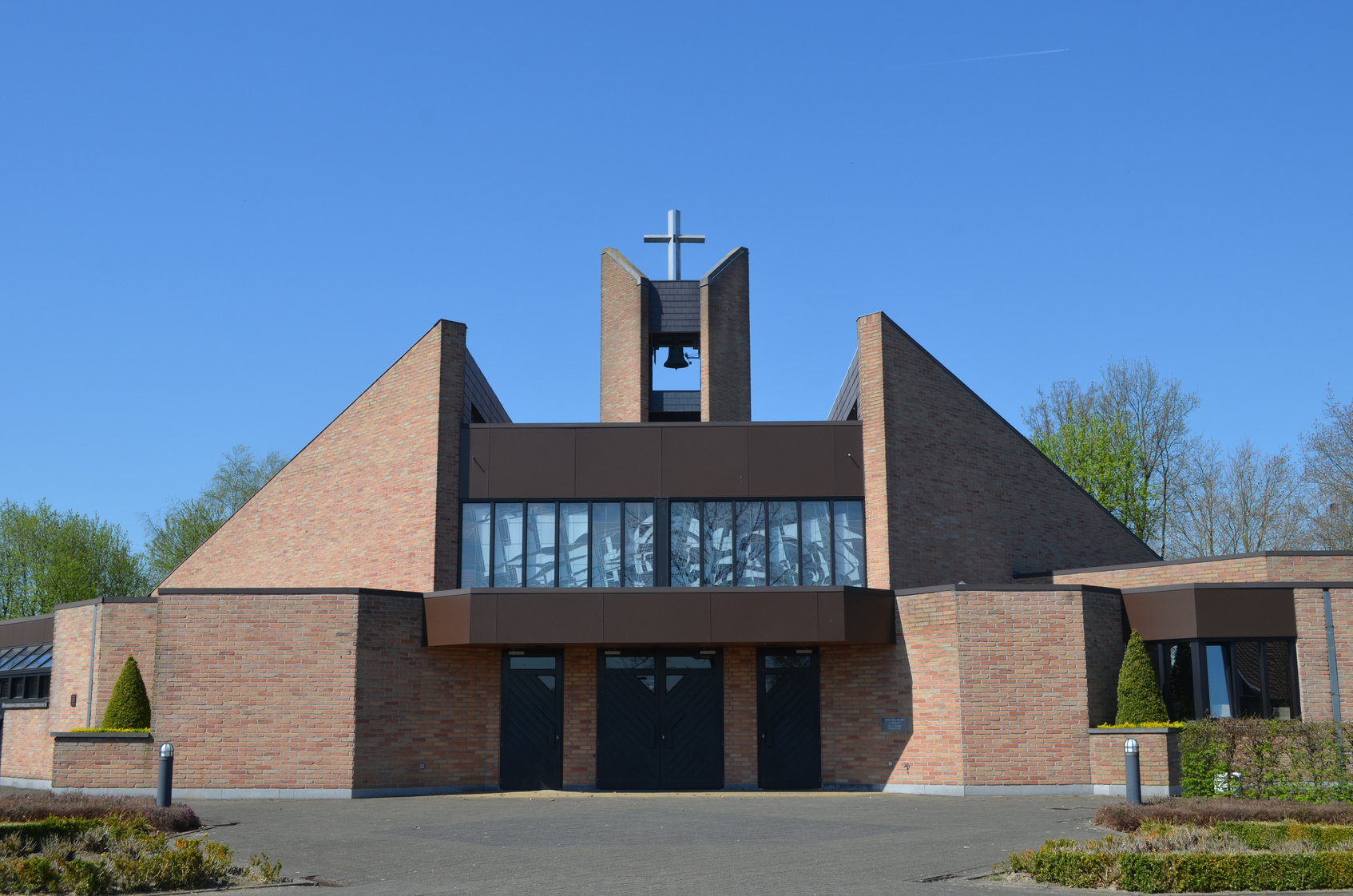It was one of lines you read in a book and then say to yourself, “Well, of course that’s true, but I’ve never realized it until now.”
It came from one of the thousands of “post-modernity/post-Christendom” books that scream at us to read them before our congregation’s heart finally gives out.
The author of the book is of a different theological stripe than I am. I wasn’t looking for theological confirmation; rather, I wanted to hear what the church looks like to someone who sees it from a different vantage point than my own.
The sentence was not the main point the author was trying to make in that particular chapter. He may have even thought of it as filler. But it hit me with the force of a Zen koan: “We have to remember that postmodernity does not reach every location in the United States at the same time.”
Boom!
See what I mean? See how immediately self-evident the sentence is? There are parts of America where the church has lived in a post-Christendom context for decades. There are parts of the country where Christendom still reigns supreme. Other churches live in communities all the way along the spectrum between those two extremes.
And yet many of us act as if the opposite were true. We act as if every church in America struggles with post-Christendom in exactly the same way. That’s why we keep reading all those books but come away from them feeling uninspired. We dive into them thinking that the author is talking about a church just like ours. Truth be told, that is almost never the case.
Ever since the day I read that sentence, I begin my assessment of any particular congregation by asking the question, “To what extent has ‘post-anything’ arrived in this town?” It’s one of the most important contextual questions we can ask, but we rarely do.
Here’s a difference that insight made in my own ministry. When I moved from Davis, CA, to serve a church in Nashville, TN, I knew the cultural context of the two churches was going to be quite different. But even knowing that, it took me a few months to figure out the Nashville church’s context well enough to understand what I had been called to it to do there.
It came to me one night when I was talking with some members of the church’s board. I said, “You know, I could be an archetypal 1970’s liberal pastor here for my whole tenure, and you would throw a big celebration for me when I left. But that’s not why God called me here.
“God called me here to share with you some of what I learned over 25 years of ministering in a part of the world where the church is thoroughly marginalized and completely counter-cultural. My call is to help you begin to understand the tsunami of change that is already rushing toward you, so that you can be ready to make the needed changes when it begins to wash over you here in this buckle on the Bible Belt.”
Different pastors will experience different insights meditating on the sentence, depending where on the Christendom continuum their church sits.
A clergy couple I coach in the secular Pacific Northwest serves a church that – on many days – acts as if Christendom is still alive and well. And the church is thriving. We’ve talked a lot about what their call is in this particular context. They “get” how to pastor a church that is functioning well. But they are also aware of the emerging changes the church’s leadership needs to start thinking about.
A pastor of a church I worked with in Pennsylvania came to a different conclusion. He came to the church’s leadership and said, “You have a clear vision about the changes God is calling you to make. I agree with that vision. But I also know that I was not trained for that kind of ministry when I was in seminary.” Shortly afterward, he announced his retirement and blessed the church as it moved on without him.
So how is it where you do ministry? Is your church still thriving and called to continue on the same path for a while? Has the community around you changed so radically that you need to make deep changes and make them quickly? Do you have the skills and the energy to help shepherd the changes that need to be made?
These are important questions we all need to engage moving forward. The consultants and coaches at CHC are glad to come alongside you and your congregation to assist you as you begin to wrestle with them.

Leave a Reply